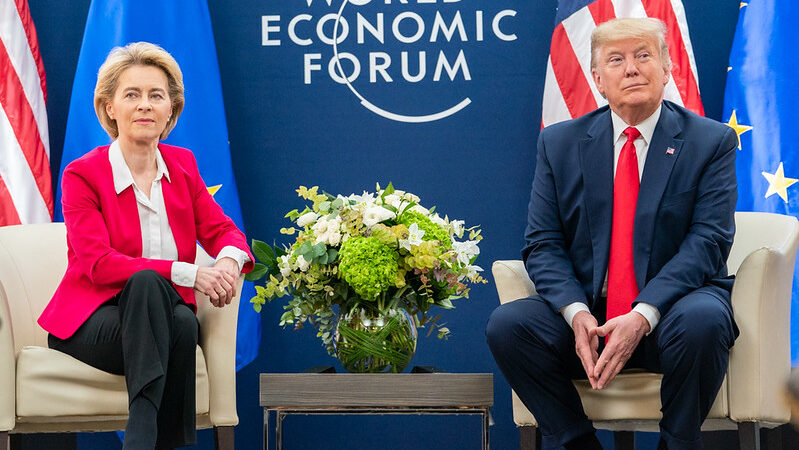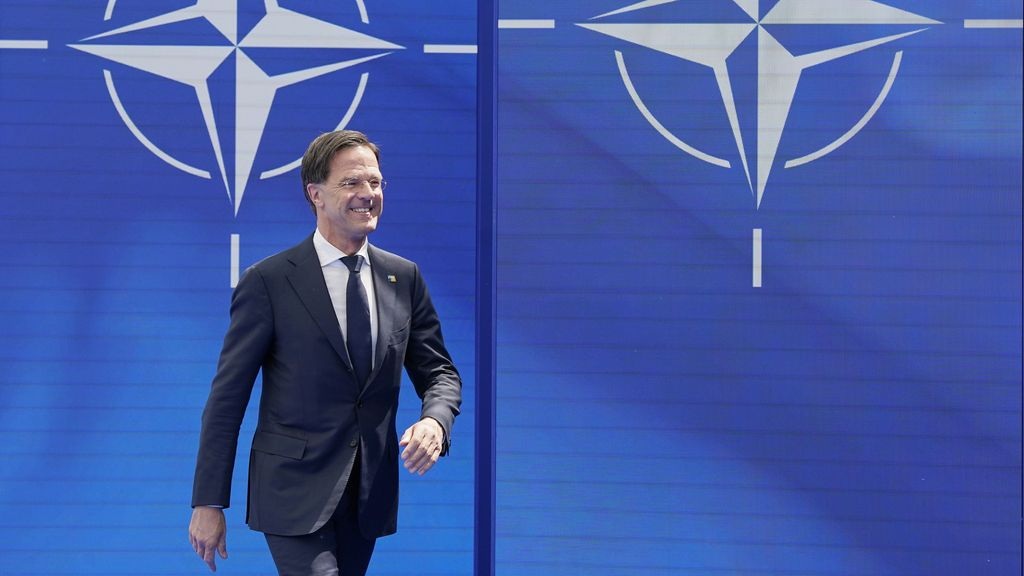
The latest Israeli-Gaza war is still ongoing. Since its inception on October 7, over 31,000 people have been killed (on both sides). By now, everyone seems to have an opinion about the causes and points a finger of blame, often based on colored frames. One must be a history expert to understand this lingering 70-year-old conflict. The end of it is not in sight, if ever: the views of both peoples are just incompatible.
By Joost Glas
If one looks at the modern history of the conflict, there were many attempts to make a lasting peace. In chronological order: Armistice Agreements (1949), Allon Plan (1967-80), Rogers Plan (1969), Geneva Conference (1973), Camp David Accords (1978), Egypt–Israel peace treaty (1979), Madrid Conference (1991), Oslo Accords (1993), Israel–Jordan peace treaty (1994), Camp David Summit (2000).
To illustrate the ineffectiveness of those peace treaties (and initiatives), consider the current situation: two people with radically different views on everything that matters.
They both claim the land to be theirs for historical and religious reasons. They also see each other as monsters, which makes sense; they act to each other as monsters. This is why negotiations are, for a large part of those people, unacceptable; you don’t negotiate with monsters.
Conferring is seen as collaborating.
Take, for example, the Oslo Accords (1993). These accords were productive steps towards lasting peace. Yitzhak Rabin (Israel), Shimon Peres (Israel), and Yasser Arafat (Palestine) were all given the Nobel Prize for Peace in 1994 because of these steps.
It is understated without saying that not everybody on the home front - on both sides - was as happy with this as the international community was. Yigal Amir assassinated Rabin, an ultranationalist, orthodox Israeli student.
Amir strongly opposed Rabin's peace initiative like other (ultra) Orthodox counterparts. He felt that an Israeli withdrawal from the West Bank would deny Jews their “biblical heritage which they had reclaimed by establishing settlements.”
Because of the ultimate failure of further progress on the Oslo Accords, there is a widespread view that the assassination was highly successful, with some calling it the most ‘successful’ political assassination in modern history due to it achieving the goals of its perpetrator.
After this failure, the incompatibility of those views only increased. To illustrate this, let’s take a look at their democratically chosen leaders.
Hamas, led by Ismail Haniyeh, is seen by many Western countries like the United States and Israel as a terrorist organization. While in its turn, veteran Israeli Prime Minister Bibi Netanyahu is strongly against an independent Palestinian state to begin with.
After the 2006 elections, Hamas got stuck in a power struggle with Palestinian President Mahmoud Abbas's Fatah Movement. On 17 March 2007, the Hamas-led government was replaced by a national unity government headed by Haniya, comprising Hamas and Fatah ministers.
However, in June 2007, Hamas fighters took control of the Gaza Strip and removed all Fatah officials. Hamas is still in charge today in the Gaza Strip. The result of that is what we are witnessing today.
That such an organization is democratically elected could be interpreted that the majority of the Palestinian people oppose a two-state solution, while the whole international community advocates that. The same could be said for the Israelis.
Netanyahu was prime minister from 1996 to 1999, 2009 to 2021, and from 2022 until today. He is against an independent Palestinian state and in favor of expanding Jewish settlements in the West Bank. Netanyahu has also admitted that he is partly responsible for the failure of the Oslo Accords.
He is the longest-serving prime minister in the country’s young history, elected on the promise that only he would provide security by taking a hard stance on the Palestinians. That he succeeds with this strategy is an illustration of how the majority of the Israelis think about Palestine and their wish to form an independent state.
The solution to this problem is paradoxical: it is both near and miles away. This solution lies in the leading cause of this ‘intractable conflict’: that the peoples of Israel and Palestine should accept each other's existence.
But as evident now, neither of the people can accept this, and with every aggressive outburst of the enemy, their image of the enemy as a monster is confirmed. This image only grows if you look at the current situation and how their leaders and media enhance it.
If both people approached this horrible situation rationally, durable peace would be relatively easy to accomplish. Unfortunately, the world is not such an easy place.
Even if a miracle happened and a two-state solution was enforced, there would still be various weaponized Jewish (ultra)orthodox or radical Palestinian factions that would disagree and sabotage it on the first occasion they get. From that perspective, a durable two-state solution was, is, and will always be far from being implemented.
Joost Glas is a Dutch Political Science Student. He aspires to be active in journalism or policy making. He is fascinated by history, Dutch politics, and lingering international conflicts. This is his first contribution to The Liberum.





